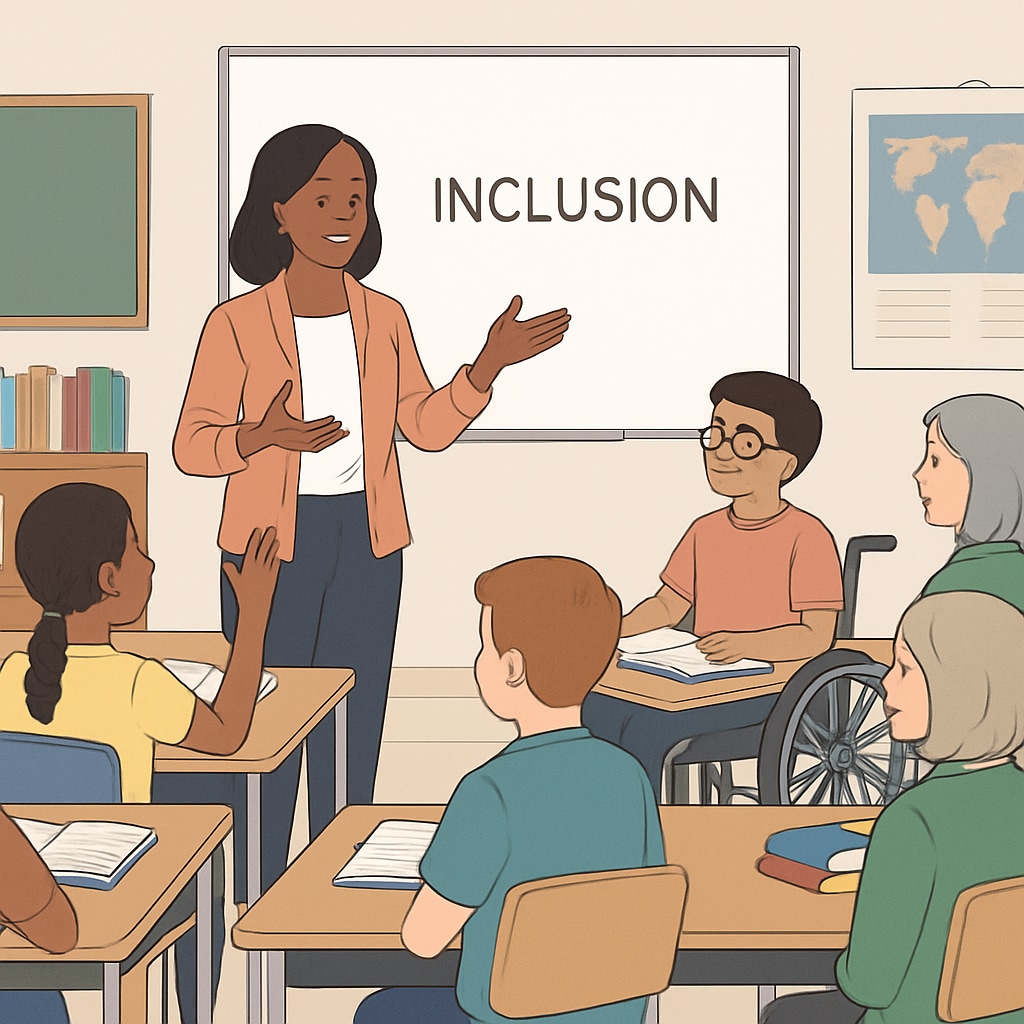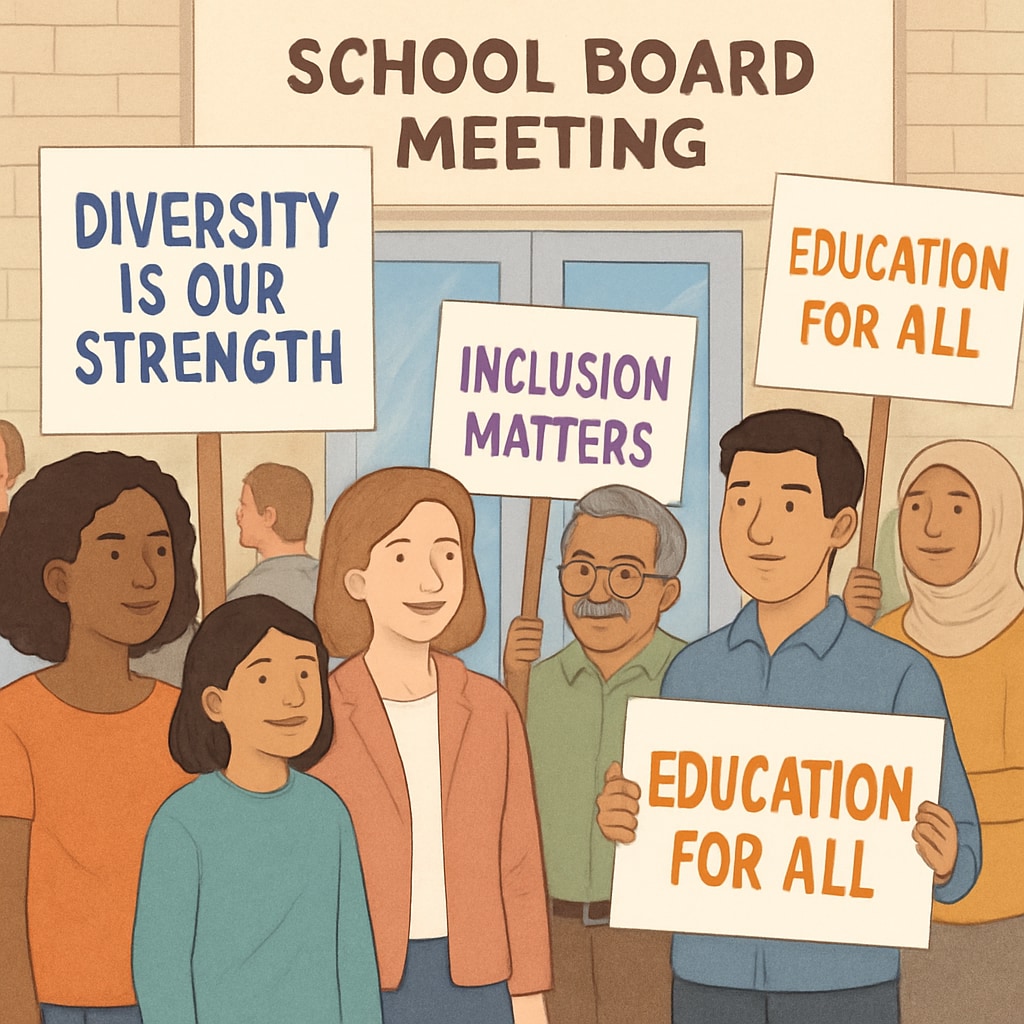Recent actions by conservative organizations, such as the Heritage Foundation, have sparked debates surrounding the autonomy of educational institutions. Through initiatives like Project 2025, these groups have focused on scrutinizing and challenging diversity courses in higher education. This growing trend of political intervention raises significant concerns about the independence of K12 education, potentially reshaping how future generations are taught to approach diversity and inclusion.
This article explores how political interference, particularly from conservative initiatives, threatens the autonomy of educators, the curriculum’s integrity, and the broader concept of diversity in education. Additionally, it discusses how communities can respond to safeguard the independence of K12 education.
The Rising Influence of Politics in Educational Curricula
Political influence in education is not a new phenomenon, but the recent surge in targeted actions against diversity-focused coursework has amplified the issue. The Heritage Foundation, a prominent conservative think tank, has played a key role in this movement. Through its Project 2025, the organization seeks to challenge the inclusion of materials that promote diversity, equity, and inclusion (DEI) in classrooms.
These efforts often involve the use of public records requests to scrutinize teaching materials under the guise of transparency. While such actions may appear to promote accountability, critics argue that they have a chilling effect on educators. Teachers may feel pressured to avoid topics that could attract controversy, thereby limiting the scope of critical thinking and open discussion in classrooms.

How This Trend Affects K12 Education
While the immediate focus of these initiatives has been higher education, their impact is increasingly seeping into K12 education. In many states, political forces have begun to question or even restrict materials used in elementary and secondary schools. For example, efforts to ban books or revise history curricula have gained traction, often citing the need to protect students from “biased” or “inappropriate” content.
This politicization of education creates several risks:
- Erosion of Teacher Autonomy: Educators may feel compelled to avoid teaching controversial topics, even if those topics are critical for developing well-rounded, informed students.
- Limiting Critical Thinking Skills: Restricting diverse perspectives reduces opportunities for students to engage with complex societal issues.
- Undermining Diversity and Inclusion: Efforts to curb DEI initiatives may hinder the development of empathy and cultural awareness among students.
For K12 students, this environment could result in a less comprehensive education, leaving them ill-equipped to navigate a diverse and interconnected world.

Protecting the Independence of Education
In response to these challenges, educators, parents, and communities must work collaboratively to safeguard the independence of educational institutions. Here are some ways to address this growing concern:
- Advocate for Transparent Policies: Engage with local school boards to ensure that curriculum decisions are made transparently and inclusively.
- Support Educators: Provide teachers with the resources and backing they need to resist undue political pressure.
- Promote Community Dialogue: Foster open conversations between parents, educators, and policymakers about the importance of diversity in education.
- Stay Informed: Monitor legislative actions and initiatives like Project 2025 that may influence local education policies.
By taking these steps, stakeholders can help preserve the integrity of K12 education and ensure that students receive a balanced and inclusive education.
Conclusion
The increasing politicization of education, as exemplified by the Heritage Foundation’s Project 2025, poses a significant threat to the independence of educational institutions. While transparency and accountability are important, these efforts risk undermining the autonomy of educators and the diversity of perspectives offered in classrooms.
To counter these pressures, communities must unite to support the principles of educational independence and the value of diversity. By prioritizing open dialogue, informed advocacy, and mutual respect, we can ensure that the next generation of students is equipped to thrive in an inclusive and interconnected world.
As the debate continues, the question remains: How do we strike a balance between ensuring accountability and protecting the independence of education from political interference? The answer lies in collective action and a commitment to the principles of equity and inclusion.


